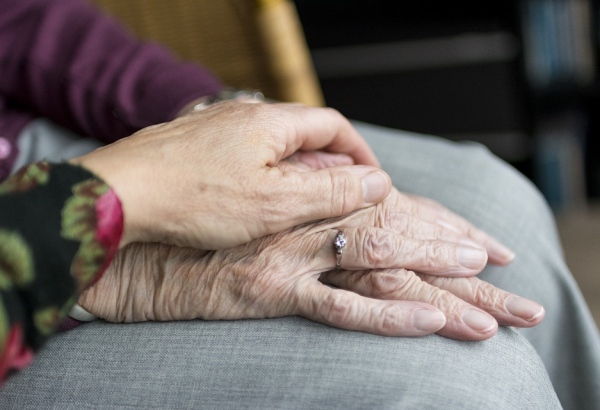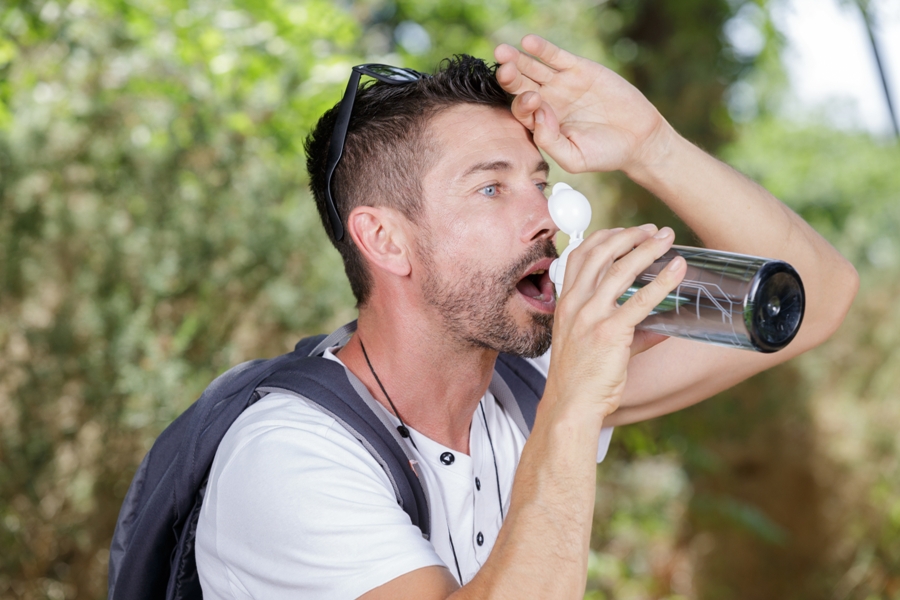What Are The 5 Stages Of Addiction Recovery?
Addiction is defined as a compulsive physiological need for and use of a habit-forming substance which is characterized by tolerance and by well-defined physiological symptoms upon withdrawal.
Overcoming any form of addiction is a gruesome process that includes several stages. In fact, the road leading up to a mere acceptance of the fact that a person is an addict can already take several stages. Regardless of what type of addiction a person may have, its effects are not limited to physical decay, but also encompasses a person’s mental and emotional health.
If you’re trying to seek guidance to cure addiction for a friend or a family member, it’s important to get to know the language first. We came up with a guide to common recovery terms so it will be easier for you to talk about everything related to addiction and recovery. Additionally, here’s a detailed run-through of what it takes to get started in addiction recovery:
1. Denial Stage
This stage could get tricky. Although the effects of addiction can be very apparent to some, it may not look obvious to the person who is suffering from it. People who are suffering from addiction would tend to persuade themselves that what they’re doing is perfectly normal and that they don’t need to be treated. It could happen within a few months or years before they tackle the real problem and start dealing with it.
2. Contemplation Stage
Soon as an addicted person overcomes the denial stage and start accepting the fact that they have to start a change in lifestyle, conflicting emotions begin to arise. The abuser realizes the need to change and the benefits that come with it, but also feels the consequences, may it be with health or social problems. Hence, they will eventually try to contemplate on the pros and cons of the recovery process. This is when the problem becomes more clear and self-awareness takes place. And just like the first stage, this could also be equally delicate, because unless an absolute decision is made, the person suffering from addiction might get stuck on this stage longer than it’s supposed to be.
3. Preparation Stage
This stage is considered to be the start of something big for the person suffering from addiction. Denial is over at this point and self-realization has been reached as well. The things that could be of help at recovering is being worked on personally by the addicted person. They begin to seek guidance and openly receive advice from family and close friends. They manage to start detoxification by staying away from the vice that made them addicted. They man up and own the responsibility alone, and the best thing is, they might already agree to undergo treatment.
4. Early Recovery Stage
A long-time recovery from addiction requires a lifelong commitment, hence making the early recovery stage both a time for triumph and time to be cautious too. At this stage, the person has already stopped using the substance and at the same time has stopped from being dependent on it as well. However, this is when vulnerability kicks in.
Relying on a substance a person has once been addicted to is not particularly a surprise, especially if the person has not established a strong foundation yet. Therefore, making sure that you prepare a list of things to channel your attention towards to can be a good coping tip. It could be signing up for a gym membership, scheduling a brunch with friends, travel solo to a place you’ve never been and the like.
5. Maintenance Stage
And so we’ve reached a stage that everyone tends to miss: the maintenance stage. The process of recovery does not happen overnight. It takes a lot of discipline, dedication, effort and not to mention the great amount of time one has to spend on it as well. That is why maintenance plays a vital role because it prevents the person from going back to where they were used to be. Soon as the treatment finishes, making sure that they stay away from a place where they’re fond of using the substance. Ask them to live in a sober area could to help them recover. It could also help to set-up easy and attainable goals that will provide them with a sense of fulfillment a little bit at a time, or attend support meetings to keep them motivated.
Final Thoughts
You shouldn’t be scared in helping someone who’s addicted. If you are suffering from addiction yourself, do not be afraid. There are people who are more than willing to listen and help out. More than anyone else though, you also have to help yourself. So be ready to enter the world of sobriety and be the best version of yourself.




















Leaver your comment